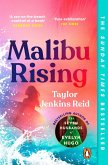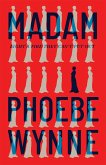Insgesamt 1245 Bewertungen
Zur ersten SeiteZur vorherigen Seite...Weitere Seiten 22 Zur Seite 22 23 Zur Seite 23 24 Aktuelle Seite 25 Zur Seite 25...Weitere Seiten99+Zur letzten Seite, Seite 100Zur nächsten SeiteZur letzten Seite
Zur ersten SeiteZur vorherigen Seite...Weitere Seiten 22 Zur Seite 22 23 Zur Seite 23 24 Aktuelle Seite 25 Zur Seite 25...Weitere Seiten99+Zur letzten Seite, Seite 100Zur nächsten SeiteZur letzten Seite












Benutzer